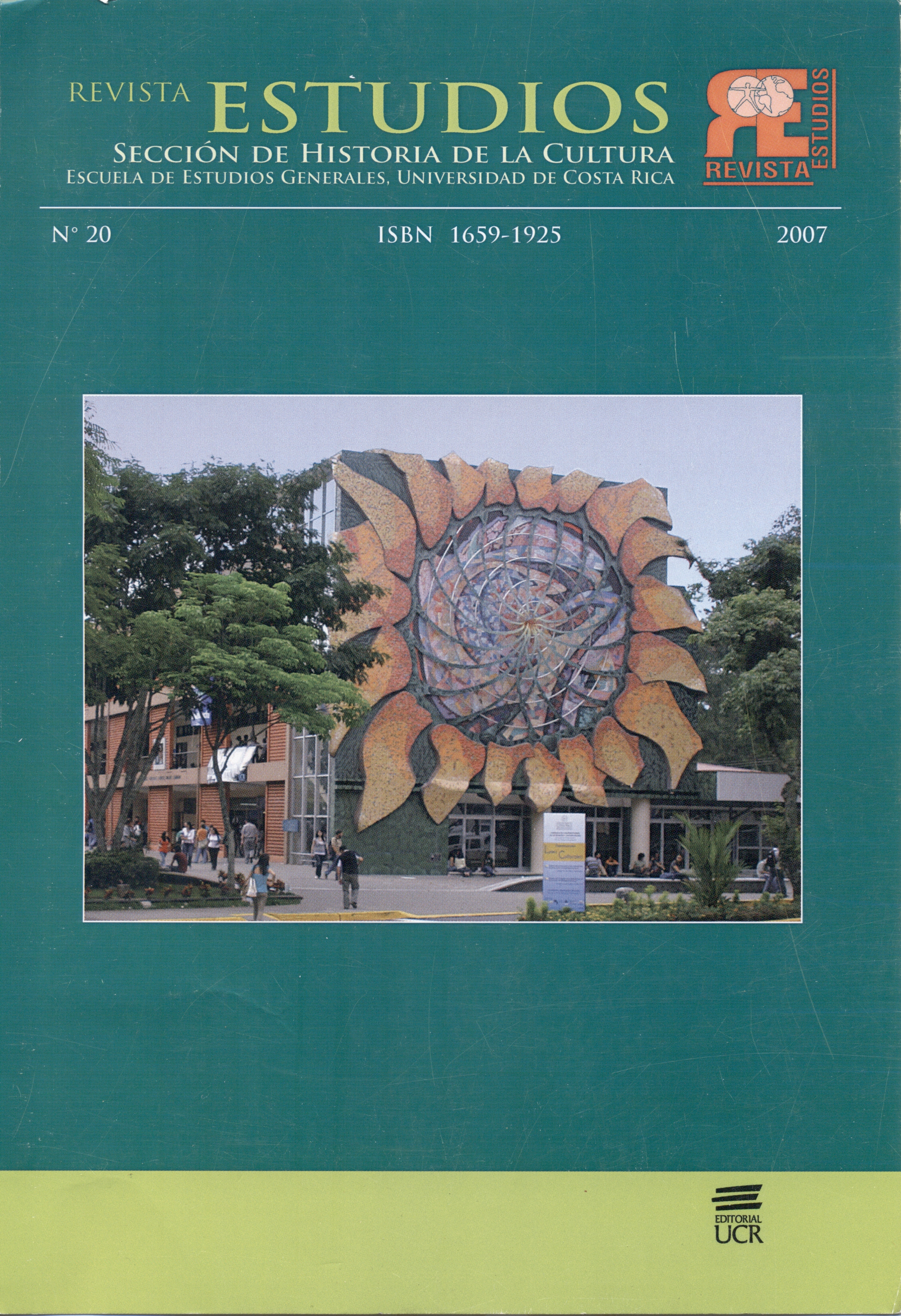Abstract
The present article tries to approach the most important from Federico Schelling to the philosophy of Guillermo F. Hegel. This critic from Schelling is done from his late thinking in where he develops the idea of a positive philosophy against a negative one. The first corresponds to his (Schelling's) own thinking, while the second has to do with the Hegelian philosophy. These two philosophies confront each other from the source of their birth. With Schelling, his philosophy emerges from the "being" and that's why it's positive; with Hegel according to Shelling, the philosophic emerges from the "nothing". It's the beginning of the Hegelian philosophy the nothing that doesn't have determinations. This leads to two different roads, one that is absurd according to Schelling, that in this case is the Hegelian, and another that is fruitful that consists in his own philosophy. Schelling in some way parts from the idea that from the nothing, something can't emerge, for it has not ontological statute. From this that in Hegel the only thing valid is the method, but not the premises.
References
Hartmann Nicolai 1974. Die Philosophie Des Deutschen Idealismus. Traducido al ingles por Walter de Gruyter. Nueva York.
Hegel, GW.F 2000. Enciclopedia de las Ciencias Filosóficas. Madrid, Alianza Editorial.
____. 1973. Lógica. Madrid, Editorial Ricardo Aguilera.
____. 1981. El Concepto de Religión. México, Fondo de Cultura Económica.
____. 2004. Fenomenologia del Espíritu. México, Fondo de Cultura Económica.
Schelling FW.J. 1994. On The History of Modern Philosophy. Londres Cambridge University Press.
____ 2002. Bruno o Sobre el Principio Divino y Natural de las cosas. Madrid. Ediciones Folio S. A.
____ 2004. Del yo como Principio de la Filosofía. Madrid. Editorial Trotta.
____ 2000. The Ages Of The World, State University of New York Press.
_____ 1995. Ideas For A Philosophy Of Nature. Londres, Cambridge University Press.
_____ 2000. Investigaciones Filosóficas Sobre La Esencia De La Libertad Humana Y Los Objetos Con Ella Relacionados. Barcelona, Editorial Anthropos.
Spinoza, Benedict de1955. The Ethics. New York, trans. R.H.M. Elwes.
Tilliete X.1975. Schelling. Einführung In Seine Philosophie. Munich, Friburgo.

